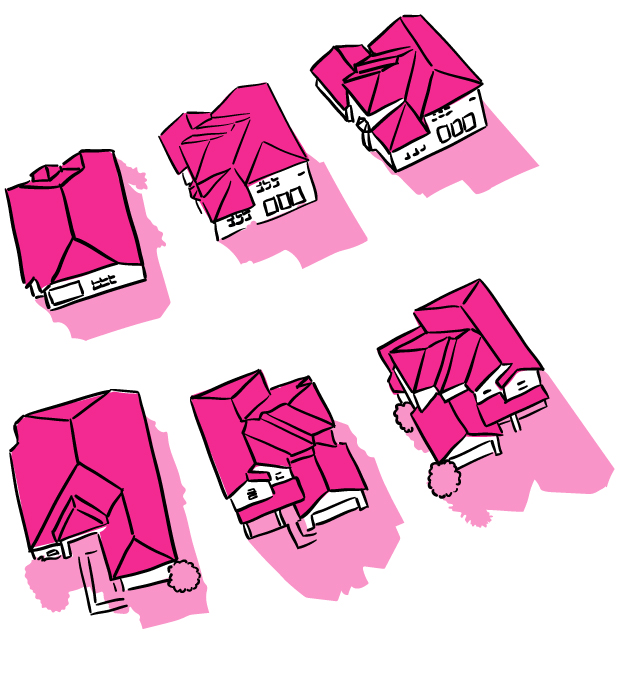The midsize midwestern city where I grew up was outside the orbit of any big city’s metropolitan area—a postindustrial landscape whose anonymity was its defining quality. Risible as it sounds, I was pretty unaware that I should’ve felt angst about my hometown’s cultural vacancy. I knew it wasn’t cool or interesting; I also knew I didn’t feel inclined to stay long-term, mainly because I didn’t see a path to sustainable work there. Yet I lacked the “truth is elsewhere” feeling in my bones until well into my college years, after I had been exposed to my classmates: restless suburban kids beset by a gnawing urgency that was alien to me. What I left my hometown feeling was that even if it was time to go, cultural striving and enriching community should and could exist almost anywhere. My suburban classmates seemed to feel differently: some places were cultural voids.
The city where I grew up is perhaps best known for being Cheap Trick’s hometown and having a water park that’s visible from the highway. When I was a kid, my reality lacked a cosmopolitan horizon that might make my city’s parochialism feel parochial. Maybe that was for the best: in retrospect, its blandness and isolation engendered in me an imaginative freedom and autodidact’s temperament. I didn’t yearn to break free then, but, rather, to grow in what I loved (always books, always music) and pursue them with monastic fervor. Growing up in a mildly meh milieu allowed me to settle into the contours of life without the demands of ambition, excellence, brilliance, or whatever looming over me. It was a racially diverse place with a broad socioeconomic range, but it was also a place in which you could live and die a baseline pleasant life, one unclouded by larger questions of cultural politics. It was Edenic in its mediocrity. I somehow figured suburban kids might feel the same way about where they were from.
But no. For my peers, the suburbs were boring places to escape from, Smashing Pumpkins songs as lived reality. There was something about being from the suburbs that seemed to set these people’s compasses awry, stir in them a need to forge an identity elsewhere. The urgency was palpable. Media conditioning aside, it also seemed like my peers’ feelings were related to their being from an in-
between place. The suburbs—not city and not...
You have reached your article limit
Sign up for a digital subscription and continue reading all new issues, plus our entire archives, for just $1.50/month.
Already a subscriber? Sign in





